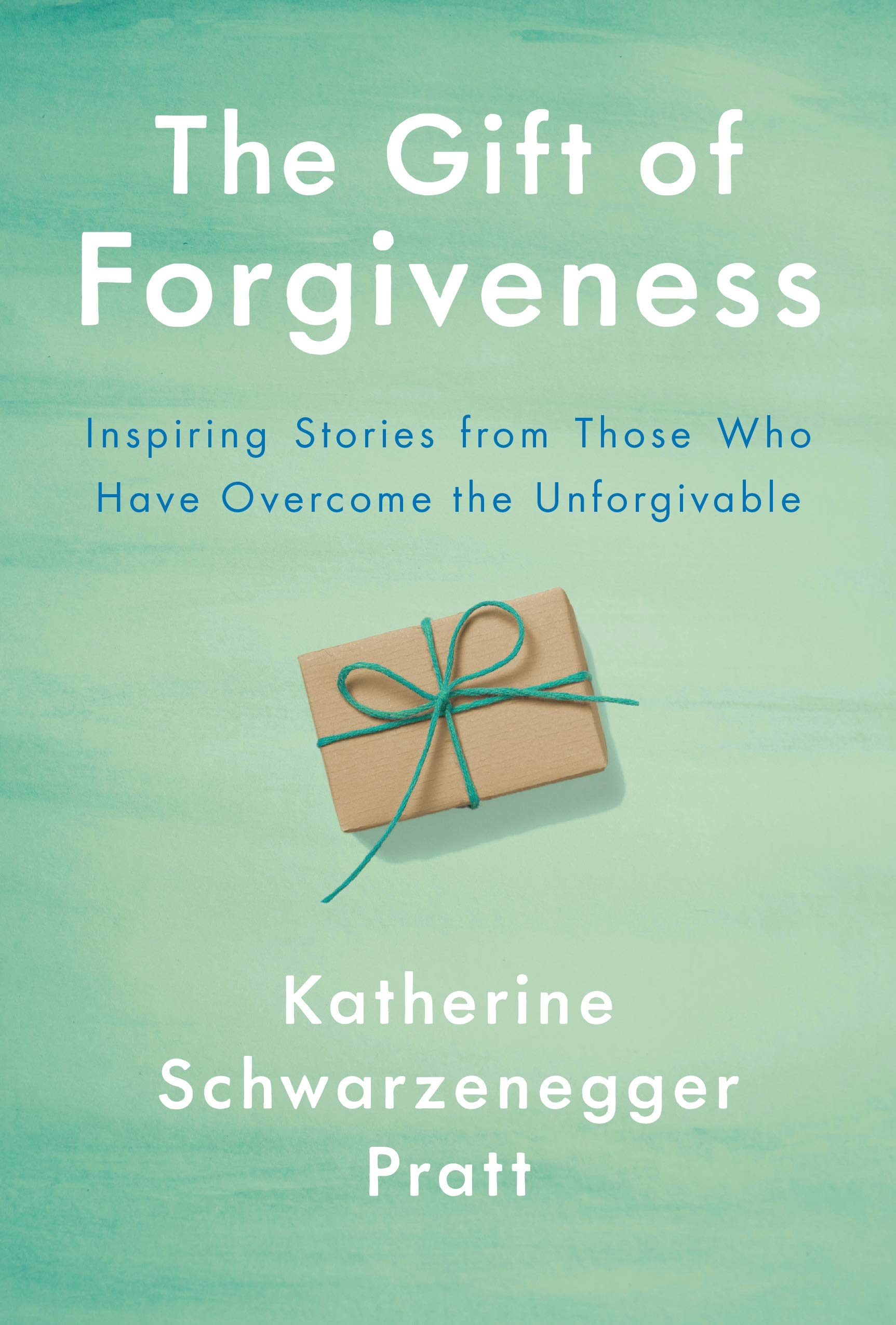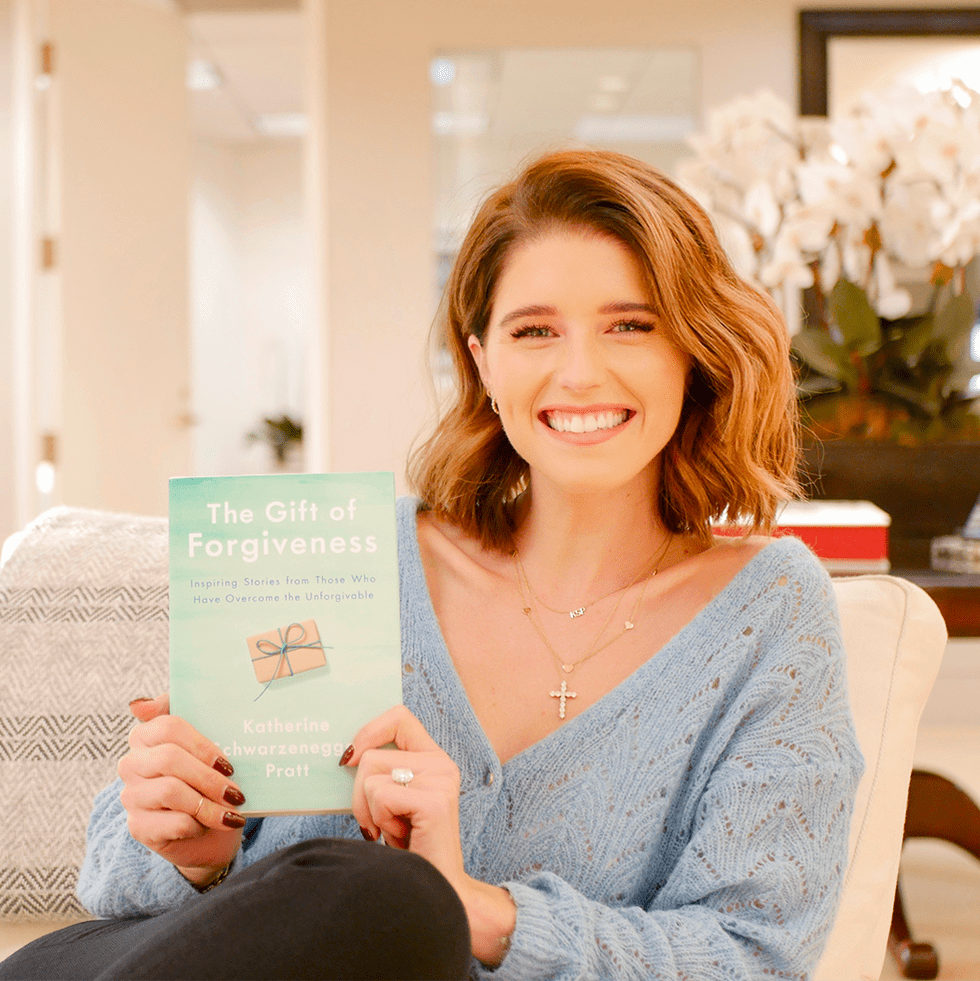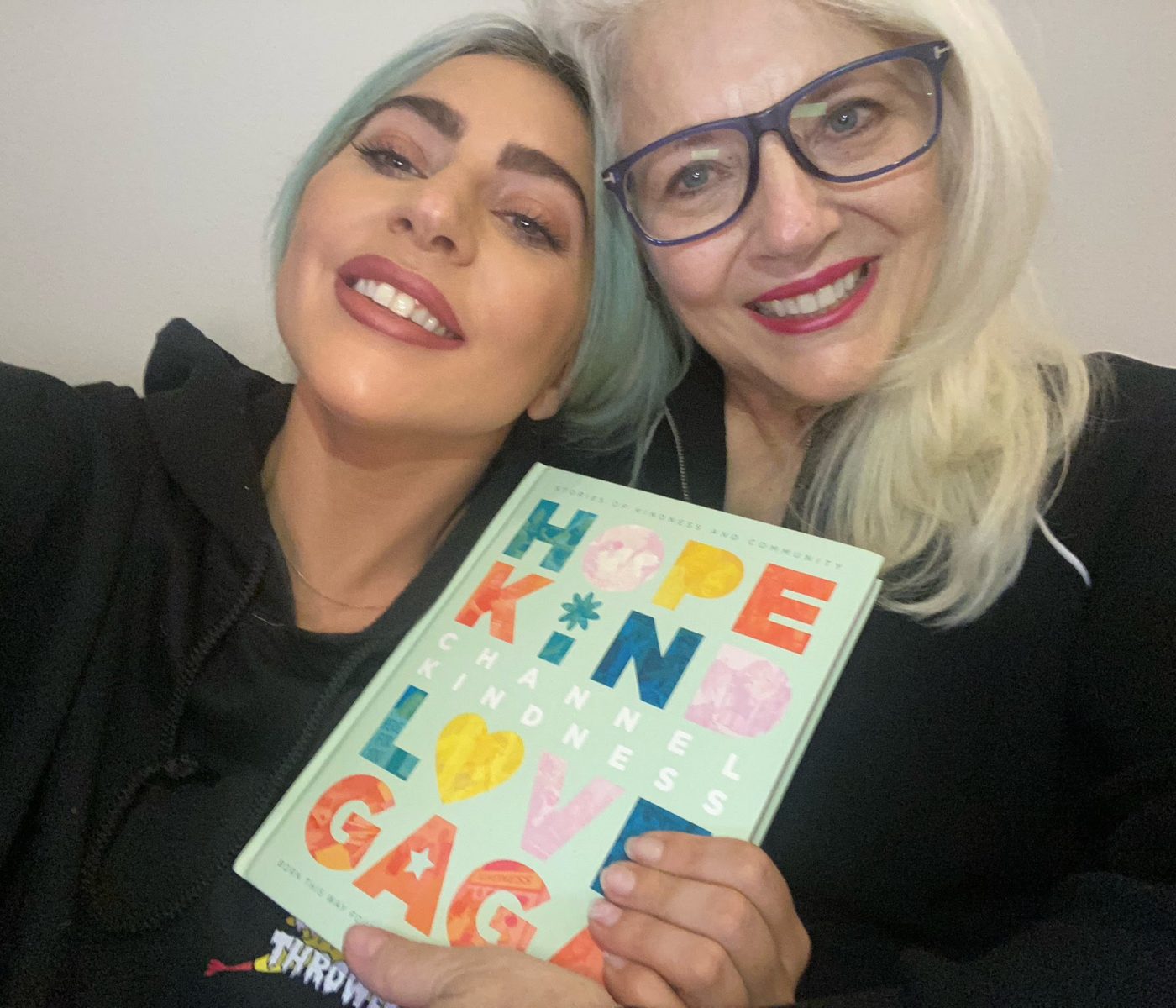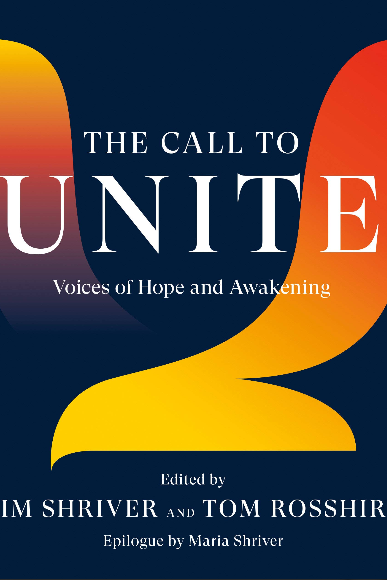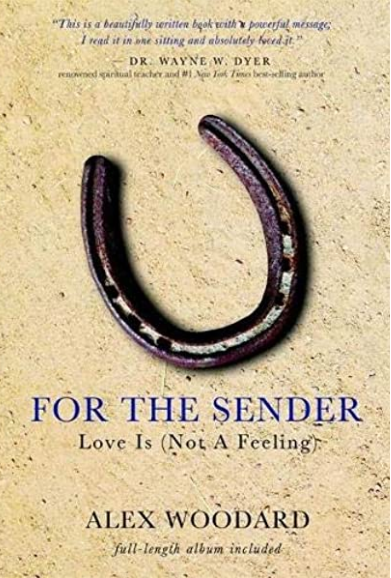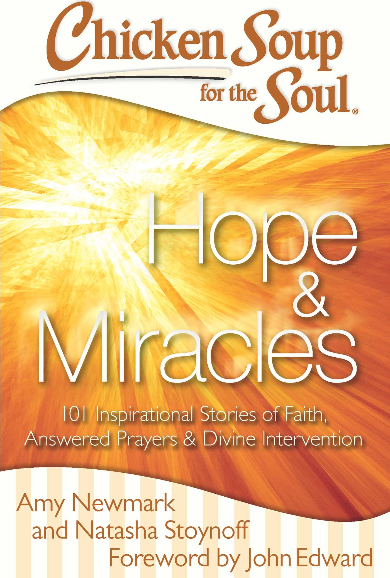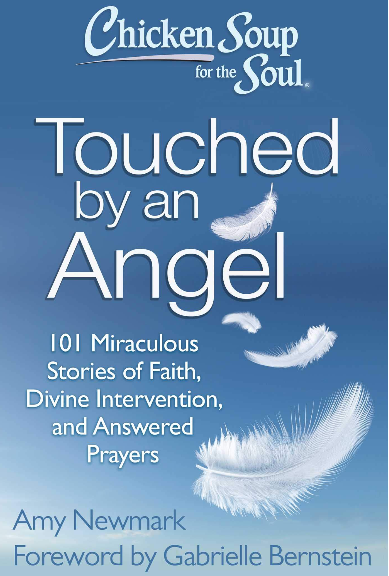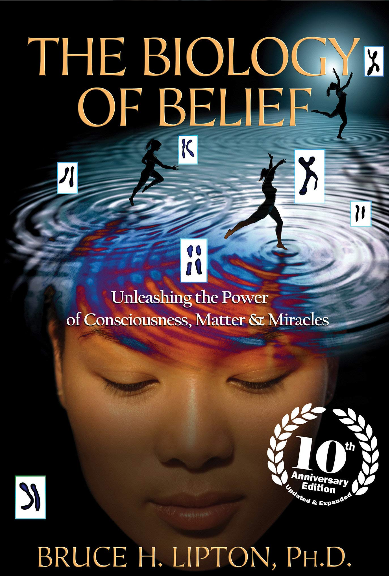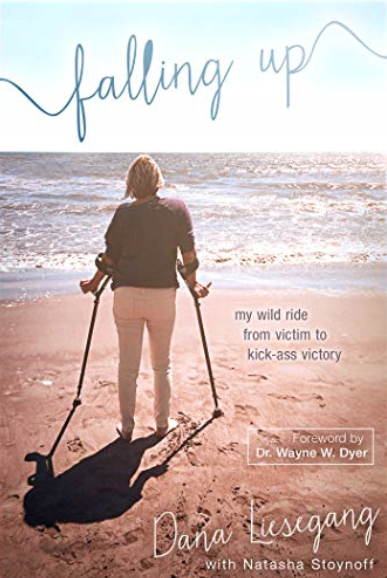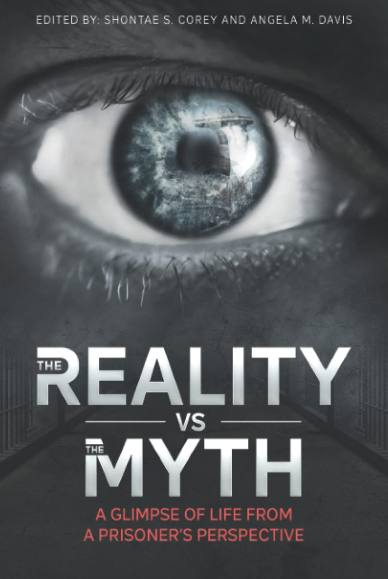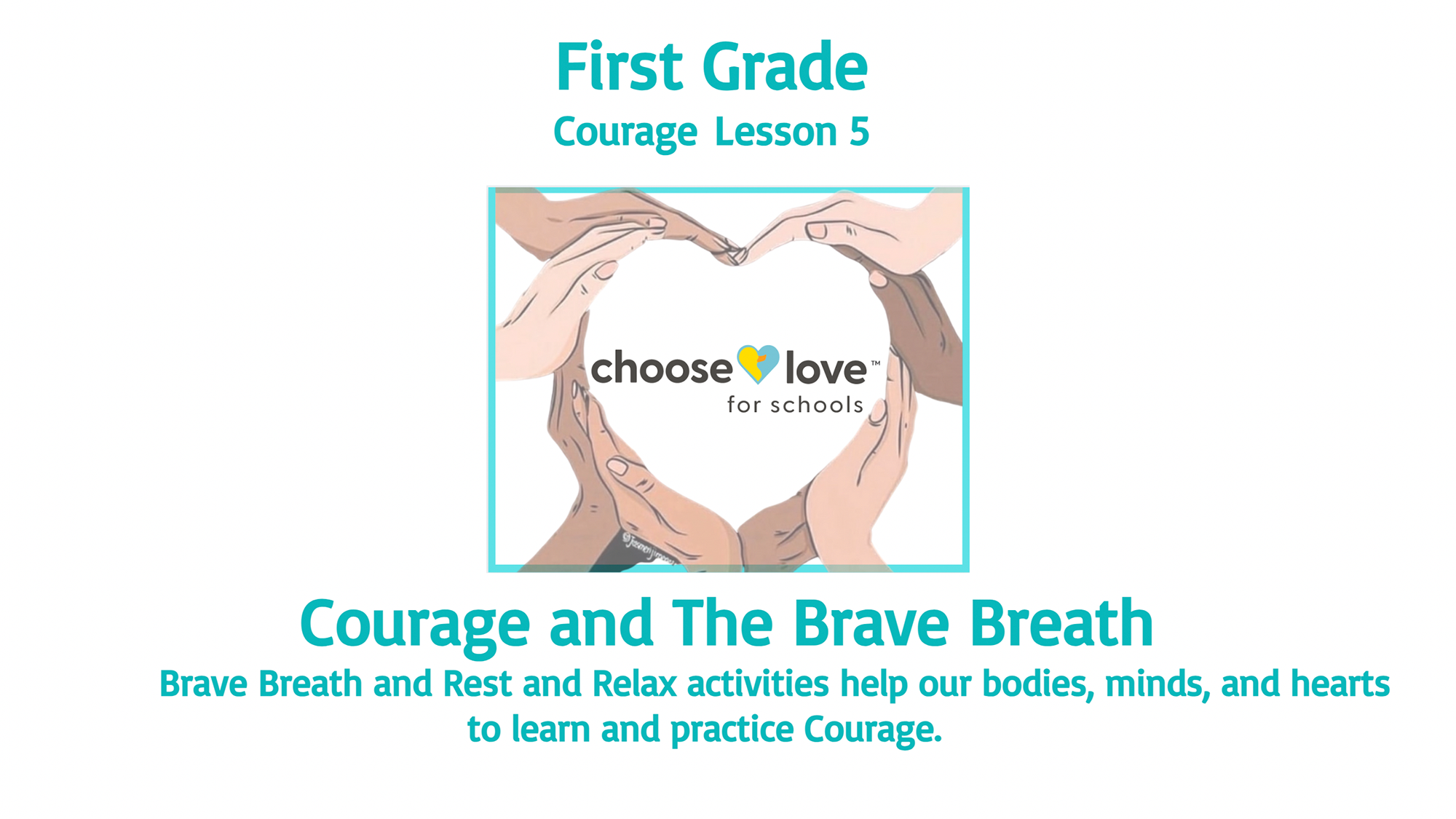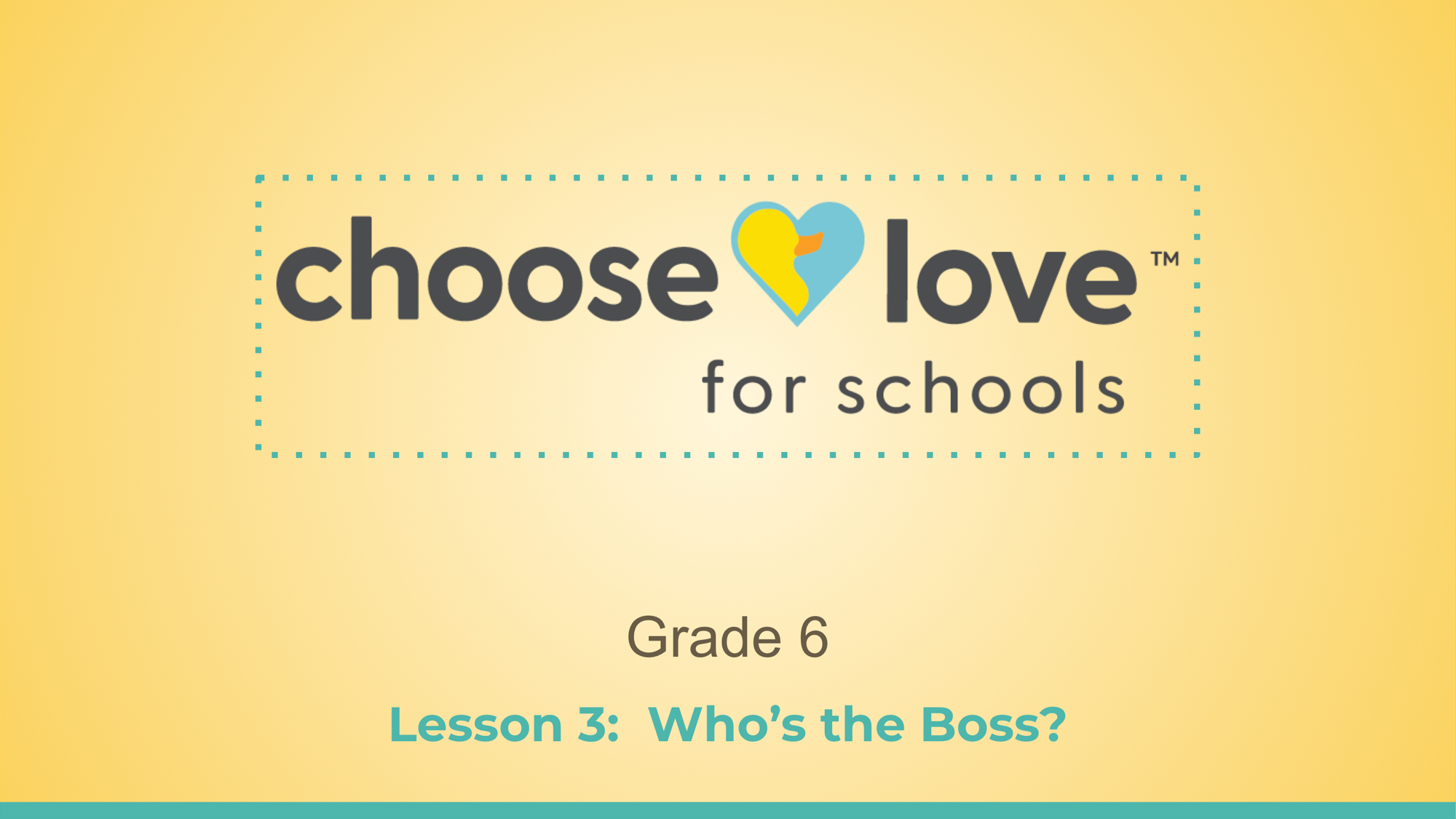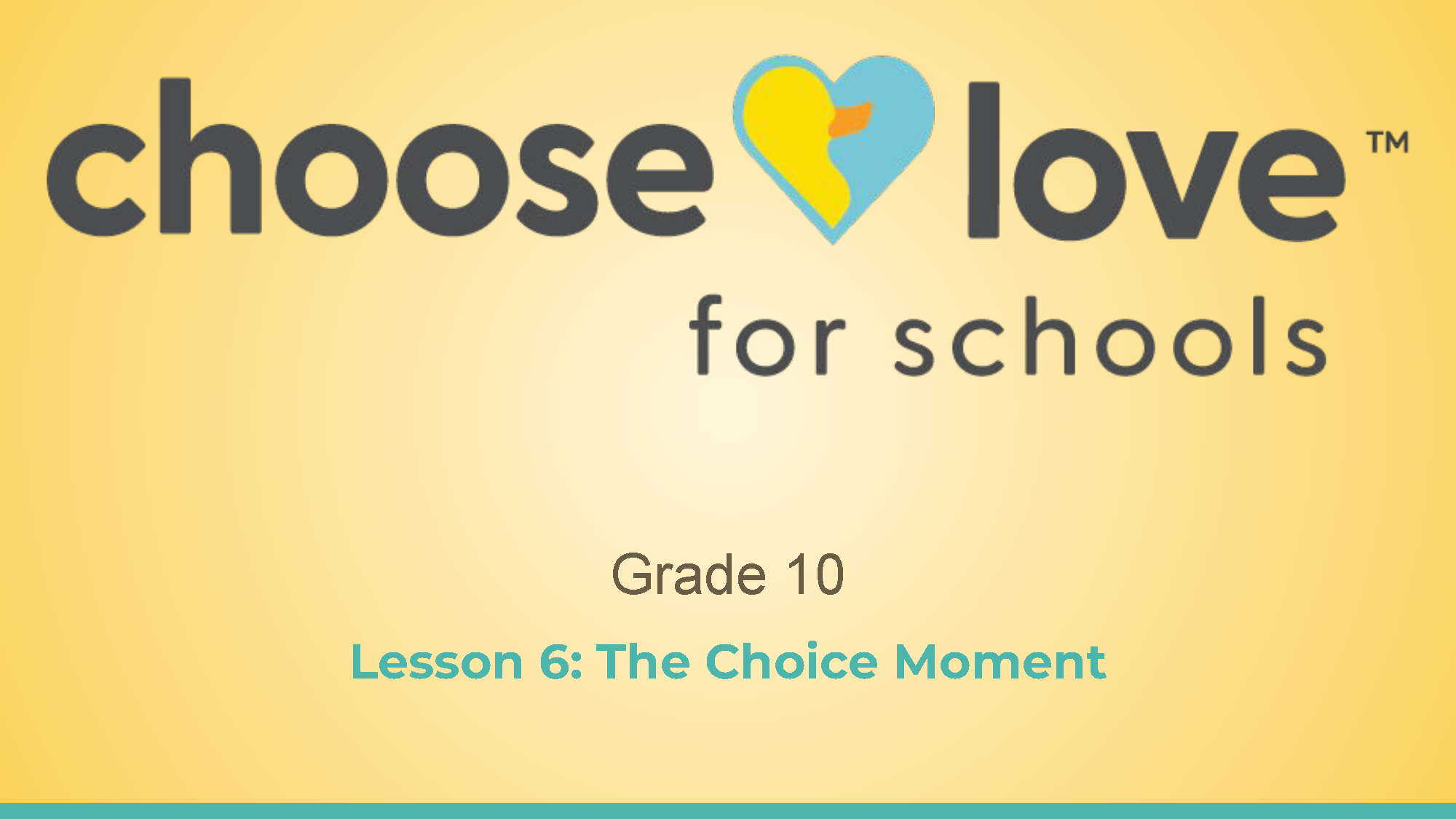‘I’m so stressed out!’ We hear this refrain over and over again, but what does it really mean, and is it all bad? Most of us tend to focus on the negative. This is actually our brain’s way of keeping us safe. This is a good thing, of course, but sometimes negative feelings can lead toward anxiety and depression. There is an acronym for fear: False Evidence Appearing Real. The vast majority of what we fear each day never happens; some we handle easily and the small fraction that is challenging we have the ability to manage.
There are different kinds of stress. One is eustress – a stressor that is actually good for us. Examples of eustress include the butterflies heading into a new job, the excitement of trying something new, or anticipating a positive event. Eustress motivates us, strengthens our resilience, and can provide us with purpose. Distress, however, is when we feel that external events are overwhelming and unpredictable and identify them as a threat. Our perception is key as to whether we think of something as a challenge or a threat. Most of what happens to us on a daily basis does not fall into the threat category.
Our thoughts are incredibly powerful, wiring our brain toward either negativity or positivity. Self-awareness can help us take control and redirect the chatter in our minds with each thought leading us toward languishing or flourishing on a cellular level. When we feel distress, we release a hormone called cortisol from our adrenal glands which activates inflammation in our bodies. A persistent and prolonged stress response keeps our cortisol levels high which can damage our health. During the stress response, our brain also releases oxytocin called the ‘love hormone,’ that makes us want to reach out for help and connect with others. This reduces inflammation and is a key aspect of productively handling stress.
Here are a few ways can practice choosing love over fear:
Think about what you think about.
Stop when you feel your worry ramp up and determine if it is a real threat or a challenge with potential for personal growth. To increase optimism you can mitigate the negativity by reassuring yourself that the situation is temporary, isn’t all encompassing, and you can focus on the aspects you can control.
Practice the Formula for Choosing Love to overcome stress.
Courage helps us be present and face difficulty. Breathe deeply to consider whether a stressor is real or perceived. Gratitude shifts our thoughts from negative to positive. Forgiveness frees us from hurt by enabling us to let it go. Compassion-in-action enables us to rise above our pain to help others which in turn helps and heals us.
The opposite of anxiety is positive action.
Doing something positive with your kids and helping others can ease stress. Engaging in a physical activity can also help you recover, restore, and find hope. We are stronger together. Model the power of uniting with others to your children.
All of this serves as a blueprint for yourself and others toward cultivating meaningful connections and leading us to a positive path of flourishing.
Love,
Scarlett Lewis


